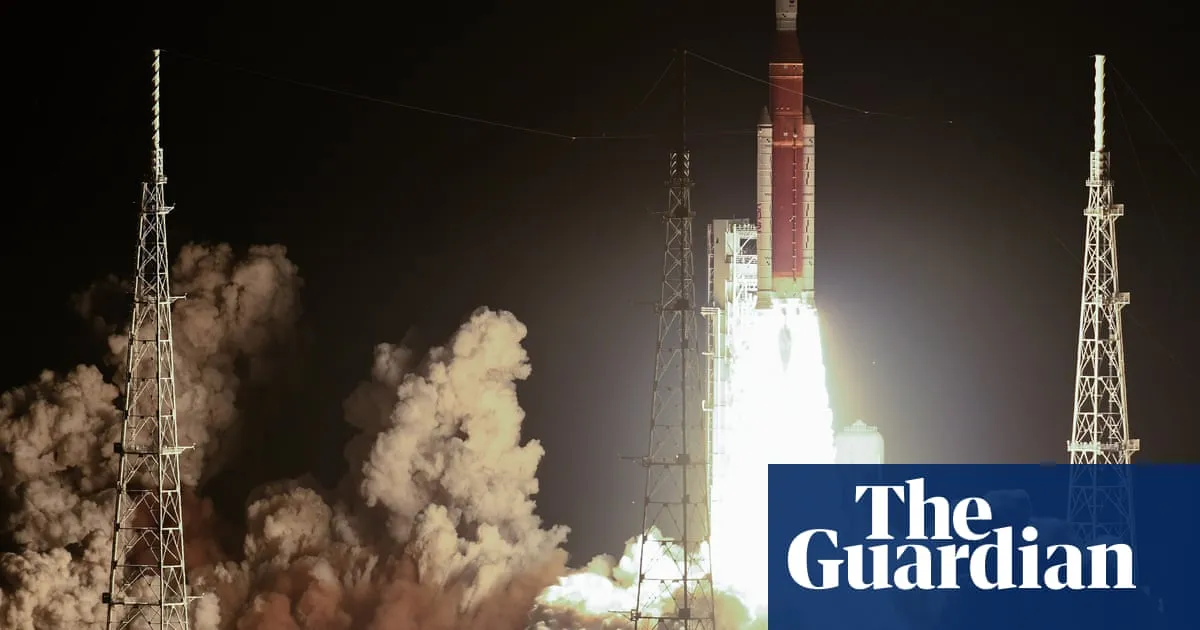
Recent warnings from scientists suggest that some of the greatest mysteries of the universe, including the possibility of life on Mars or Venus, may remain unsolved due to proposed “extinction-level” budget cuts to NASA. The Trump administration has revealed plans to reduce the space agency’s overall budget by 24%, bringing it down to $18.8 billion, the lowest allocation since 2015. This drastic reduction threatens significant Space and Earth science missions, which are expected to suffer losses exceeding 53% of their allocated funding for 2024.
If Congress approves this budget, experts warn that long-established NASA labs could close, ongoing deep-space missions might be abandoned, and the next generation of exploration projects could never reach the launchpad. Among the most affected initiatives are the Mars sample return mission—which has faced financial uncertainty for some time—and the Davinci+ and Veritas projects. The latter two were introduced under the Biden administration and aimed to revisit Venus for the first time since 1989, planned for launch in the early 2030s.
Advocates for space exploration are emphasizing not only the immediate loss of these missions but also the future discoveries that will be lost if funding is not preserved or expanded. As they ramp up their campaign to persuade lawmakers in Washington to oppose the president's budget cuts, they highlight the potential setbacks in our understanding of the cosmos. “An extinction-level event is when something like an asteroid hits Earth and wipes out healthy ecosystems,” explained Casey Dreier, the chief of space policy at the Planetary Society. “That’s functionally what this budget is.”
Dreier continued, “Projects that are functioning, on budget and on time, that are returning valuable science, would be decimated. You’d see missions turned off mid-flight, extended missions put into hibernation, or left to drift aimlessly in space.” This could lead to thousands of scientists and engineers facing layoffs due to the loss of research funding and technology investments. “This budget turns off the spigot of discovery, affecting the investments we’re making now that might reshape our understanding of our origins in the cosmos,” he asserted.
In addition to the planetary missions, many other important science projects are also at risk. While the Trump administration proposes to cut NASA’s overall budget, it aims to prioritize crewed spaceflight, specifically focusing on the first human missions to Mars, a stated goal of the president and his potential NASA administrator pick, Jared Isaacman.
One significant loss would be the Nancy Grace Roman Space Telescope, a successor to the James Webb and Hubble telescopes. This $3.9 billion telescope is nearing completion and is set for launch before May 2027. If canceled, the Planetary Society warns that 200,000 potential planets beyond our solar system may remain undiscovered, over one billion galaxies might not be surveyed, and critical insights into black holes, dark matter, and dark energy could be lost. “Killing it now would be ‘nuts’,” remarked astrophysicist David Spergel in a recent interview.
Experts express concern that the Trump administration’s distancing from science will ultimately allow other nations to catch up or surpass the US in space exploration. “There’s a growing sentiment that science is not as vital to us as it once was,” stated Ehud Behar, a high-energy astrophysicist and former NASA researcher. “If the US does not invest in science and technology, we risk being left behind.”
Behar warns of a potential “brain drain” as NASA’s top talent may leave due to budget cuts. “NASA has always operated on limited budgets, and its people are skilled at innovating with what little they have. However, retaining these experts becomes increasingly challenging with budget reductions,” he explained.
Dreier mentioned that conversations with congressional politicians from both parties have been “productive,” with several Republicans and Democrats advocating for an increase in NASA’s science budget instead of cuts. The central argument is clear: why discard so much that has already been funded? “We’re not just giving up; we’re turning away from exploration,” he emphasized. “This budget represents a retreat from discovery, akin to swiping through pictures of the Grand Canyon instead of experiencing it in reality.”